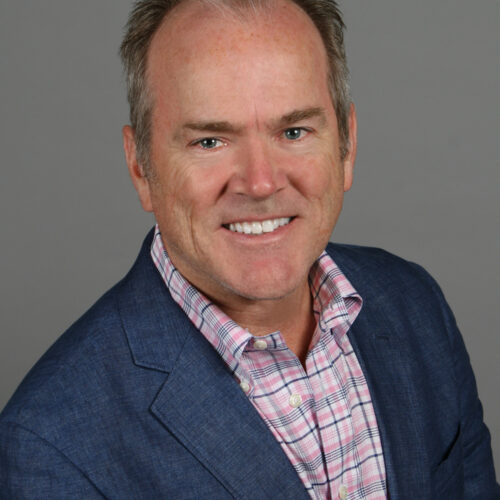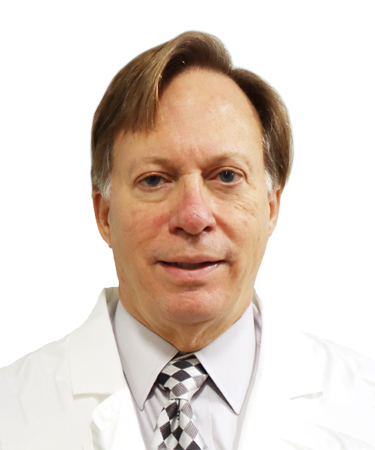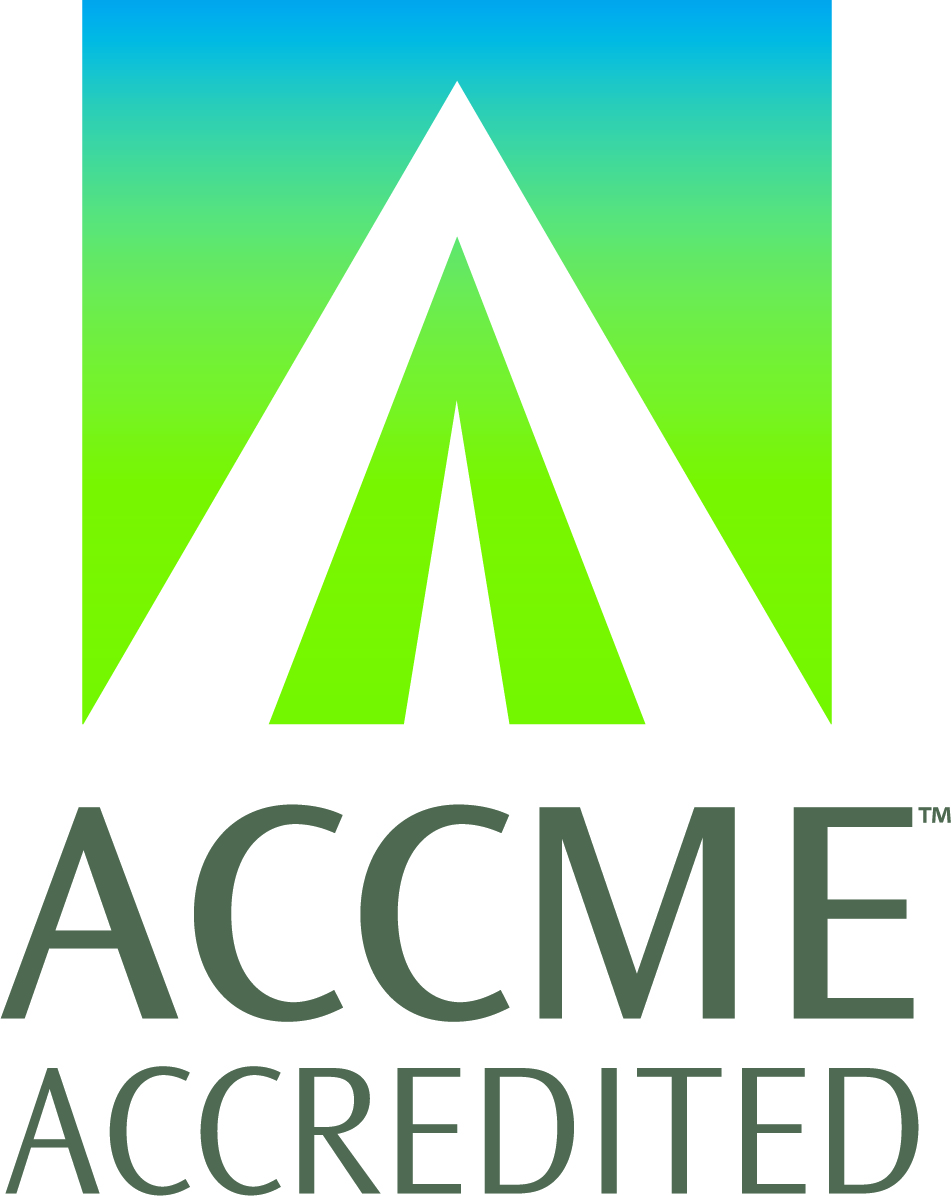Monday April 10, 2023 –
Thursday April 13, 2023
7:30am-12:50pm EST
Event Details
When
Where
Art Ovation Hotel, Sarasota, FL
Art Ovation Hotel, Sarasota, Florida
Event Code
SEMLA-3720230410
Course Topics
Day 1
The Neurological Examination
Upon completion of this session, the participant should be able to: COMP, EBM
- Organize the disparate parts of the neurologic examination into a personally relevant, manageable and reproducible diagnostic tool.
- Perform a concise screening neurologic exam for asymptomatic patients.
- Perform a problem-tailored neurologic exam for patients with neurologic complaints such as altered mental status and gait disturbances using evidence-based medicine
- Obtain maximum yield from the examination of a patient with an altered mental status.
Seizures and Epilepsy – Diagnosis
Upon completion of this session, the participant should be able to: COMP, EBM
- Differentiate among the major types of seizures.
- Apply epidemiologic aspects to the diagnosis of epilepsy.
- Employ AAN and AES practice guidelines regarding sudden unexpected death in epilepsy. (SUDEP)
- Distinguish seizures from syncope.
- Formulate a plan for diagnostic investigation.
Seizures and Epilepsy – Management
Upon completion of this session, the participant should be able to: COMP, EBM
- Determine when treatment with anticonvulsant medication is warranted using evidence-based medicine.
- Choose among the many available anticonvulsant medications.
- Manage problems confronted by women with epilepsy.
- Counsel patients regarding their driving privileges
Stroke – An Evidence-Based Review of Risk Factors and Prevention
Upon completion of this session, the participant should be able to: EBM, GL, COMP
- OBJECTIVE COMING SOON.
Clinician Burnout; Prevention and Recovery
Upon completion of this session, the participant should be able to: COMP
- Review current literature re: physician burnout
- Incorporate strategies to reduce clerical burdens of EMR.
- Adopt strategies for improved patient satisfaction.
- Apply techniques for managing complex and time intensive patient interactions.
Day 2
The Medically Complex Patient: Syncope, POTS, EDS, MCAS
- OBJECTIVE COMING SOON.
Delirium Disorder and the Confused Patient
- OBJECTIVE COMING SOON.
Migraine and Chronic Daily Headache
Upon completion of this session, the participant should be able to: COMP, GL
- Differentiate between the five sub-types of chronic daily headaches.
- Appraise the pathophysiology of headache and migraine.
- Develop a plan for appropriate medication for intractable headache.
- Assess the prevalence of medication overuse headaches in daily practice and employ the non-pharmacologic guideline for migraines.
Sleep Disorders – Insomnia and Obstructive Sleep Apnea
Upon completion of this session, the participant should be able to: COMP, EBM
- Appraise the normal structure and function of stages of sleep
- Formulate a diagnostic and therapeutic approach to insomnia using best practice recommendations from the American Academy of Sleep Medicine and American Geriatric Society.
- Detect clinical features and initiate management of sleep apnea.
- Evaluate patients for comorbidities of obstructive sleep apnea.
Sleep Disorders – Restless Legs Syndrome, Narcolepsy and Others
Upon completion of this session, the participant should be able to: COMP
- Diagnose restless legs syndrome in under a
minute. - Manage restless legs syndrome using practice guidelines.
- Diagnose and treat narcolepsy.
- Determine the prognosis of, and treat, REM-sleep behavior disorder.
Day 3
Dementia
Upon completion of this session, the participant should be able to: COMP
- Evaluate patients with mild cognitive impairment or dementia.
- Diagnose the major syndromes associated with common causes of dementia.
- Distinguish the conditions that frequently mimic dementia.
- Manage major complications of dementia.
Multiple Sclerosis
Upon completion of this session, the participant should be able to: COMP, EBM
- Recognize the typical clinical features of multiple sclerosis.
- Initiate an appropriate series of diagnostic investigations.
- Formulate an approach to abortive and prophylactic therapy of multiple sclerosis using evidence-based medicine.
- Anticipate common medical complications of multiple sclerosis.
Peripheral Neuropathy and Neuropathic Pain Management
Upon completion of this session, the participant should be able to: COMP, EBM
- Define the spectrum of neuropathic signs, symptoms, and causes.
- Develop an approach to bedside examination.
- Discuss the mechanism of neuropathic pain.
- Apply effective therapies using evidence-based medicine.
An Approach to the Dizzy Patient
Upon completion of this session, the participant should be able to: COMP, EBM
- Detect common presentations of dizziness.
- Assess the pathophysiology of vertigo and nystagmus.
- Apply bedside techniques to distinguish dizziness subtypes and identify dangerous causes.
- Utilize potentially curative treatment for benign positional vertigo.
Libby Zion’s Lesson: Serotonin Syndrome and P450 Drug Interactions
Upon completion of this session, the participant should be able to: COMP
- Define the clinical features of common drug interactions.
- List the features of serotonin syndrome and distinguish from other Neurologic drug toxicities.
- Recognize potential drug interactions and determine how to predict them.
- Apply a simple clinical algorithm for anticipating and avoiding drug interactions.
Day 4
Cobalamin (B-12) Deficiency and Other Neurologic Disorders of Gastrointestinal Function
Upon completion of this session, the participant should be able to: COMP
- Define recent advances in B-12 deficiency, Post-Gastroplasty Neuropathy, and Copper deficiency.
- Examine the changing clinical presentation of this illness.
- Apply newer laboratory techniques to the diagnosis.
- Apply an algorithm for the diagnosis and treatment of B-12 deficiency.
Concussion and Sports: A Guide for Primary Care
Upon completion of this session, using Cochrane EBM sources and guidelines from the 3rd International Symposium on Concussion in Sports, the participant should be able to: EBM, GL, COMP
- Describe the pathophysiology and, using evidence-based medicine, review the emergency treatment of concussion.
- Apply an evidence-based medicine approach to decisions regarding imaging after minor head trauma.
- Demonstrate use of currently recommended management approaches for assessment, follow up, and return to play.
Parkinson’s Disease and Essential Tremor
Upon completion of this session, the participant should be able to: COMP, GL
- Assess the clinical features of the syndrome of parkinsonism.
- Evaluate other important typical features of Parkinson’s disease.
- Select treatment options for management of Parkinson’s disease.
- Distinguish among common types of tremors and devise a therapeutic plan for a patient with essential tremor using American Academy of Neurology evidence-based guidelines.
Psychogenic Neurologic Disorders
Upon completion of this session, the participant should be able to: COMP
- Evaluate common neurologic manifestations of psychogenic disorders.
- Direct the laboratory investigation of a patient with suspected psychogenic nonepileptic seizures.
- Conduct an interview of a patient with a suspected psychogenic disorder.
- Formulate a plan for management of a psychogenic illness.
Spasticity, Ataxia, and Gait Disorders
Upon completion of this session, the participant should be able to: COMP
- Detect the major clinical features of spasticity.
- Institute a diagnostic investigation of cervical spondylosis.
- Assess ataxia and the other major clinical features of cerebellar dysfunction.
- Evaluate different types of gait disorders.
Hotel Reservations
To arrange your stay, please use the above “Hotel Reservation Link.” The special room rate will be available on a first come first serve basis until the group block is sold-out.
Rent a Car with Enterprise or National:
To book your CME conference car rental and to receive special rates exclusively for AMS attendees, you may call or book online with our contracted companies, Enterprise/National
Things to Do
Sarasota, Florida
Sarasota offers a truly impressive blend of shopping, cuisine, and attractions. So sail into a breathtaking sunset, golf on lush green fairways, explore St. Armands Circle, or just relax and sink your toes into some of the finest sand in the world.
White sand beaches
21 Zagat-rated restaurants
MLB spring training
Museums, theaters, and festivals
Dozens of golf courses
Immerse Yourself In Sarasota
Let us help with your area attractions and things to do. As one of the top family vacation destinations in America, Sarasota is renowned for its cultural and environmental amenities. Not only are we home to the #2 beach in the United States as voted by TripAdvisor in 2022, but Sarasota is a mecca for patrons of the arts and has the highest concentration of Zagat® rated restaurants in Florida. It’s no wonder Sarasota was ranked one of the Top 100 Best Places to Visit in Florida in 2022 by US News and World Report.
Sarasota offers a truly impressive blend of leisure, shopping, remarkable cuisine and popular attractions. As Florida’s cultural capital, you can’t go wrong with our museums, plays, symphony, or Sarasota’s very own opera house.
So sail into a breathtaking sunset, golf on lush green fairways, explore unspoiled fishing waters or just relax and sink your toes into the finest beach sands in the world.
If you’re not grabbing your sunblock already, keep reading about all that Sarasota has to offer.
Sarasota Beaches
With numerous beaches to choose from, the most notable being Siesta Key Beach with its quartz crystal, powdered sugar white sand. For those who prefer to go shelling, try out Lido Key or take a short drive to Venice Beach to hunt for fossilized shark’s teeth.

Area Attractions
From aquariums to a spring training baseball game and botanical gardens to airboat tours of gators in their natural habitat, there is something for everyone! Make sure you check out the events calendar for annual traditions including our very own Chalk Festival and the Siesta Key Master Sand Sculpture Contest.

Dining
Whether you prefer fine dining, beachfront or lighter fare, Sarasota has the highest concentration of Zagat® rated restaurants in Florida. Our award-winning dining overlooks world-class beaches, and stunning skylines, and fills downtown Sarasota. Many offer outdoor dining that can be enjoyed year-round!

Arts & Culture
The historical John and Mable Ringling Museum of Arts is the state art museum of Florida. These palatial grounds are home to a world-renowned collection of Rubens, the Circus Museum, Ca’d’Zan, Ringling’s Mansion, and Bayfront Gardens. You will also find the historic Asolo Theater on the premises. But that’s not all, Sarasota’s performing arts rival those of much larger cities.

Sports & Outdoor Activities
Voted as 2014’s Best Sport Friendly Vacations Destination by Sports Events Magazine, Sarasota and the surrounding area has over 25 golf courses, a world-class aquatics, and rowing facility, and one of the largest polo clubs in the country! Whether paddle boarding in the Sarasota Bay or running the Legacy Trail, you’re sure to find something that gets your heart racing!

Shopping
Whatever your shopping preferences are, Sarasota has something to suit your needs. Spend the afternoon in historical St. Armand’s Circle, visit the Ellenton Outlet Mall just 20 minutes North or enjoy our newest addition- the high-end shops of University Town Center (more than 100 stores).

Presented By

Laurence Kinsella, MD, FAAN
Adjunct Professor of Neurology, Saint Louis University Medical School; Director of Neurology, SSM Neurosciences Institute at St. Clare, SSM Health; St. Louis, MO

David Riley, MD
Neurologist in Private Practice; Chair of Medical Education, InMotion; Cleveland, OH
Accreditation
American Medical Seminars, Inc. designates this live activity for a maximum of 20 AMA PRA Category 1 Credits™. Physicians should claim only the credit commensurate with the extent of their participation in the activity.
Accreditation Statement
Webinar Details
Live Webinar Access Information
Webinars are held via zoom and the Wednesday prior to the conference start date, an email will be sent with the zoom link.
Open For Registration
Cancellation & Refund Policy
We understand that plans may change. Please review our cancellation and transfer options below:
30+ Days Before Conference Start Date
- Refund: Full refund minus a $50 processing fee.
- Transfer: Registrations can be transferred once, at no cost, to another conference within two years. Alternatively, registration may be placed “on hold” for up to 12 months, allowing participants to choose a suitable conference for transfer within that period.
Less Than 30 Days Before Conference Start Date
- Refund: No refunds available.
- Transfer: Registration may be transferred to another conference within 2 years at no cost. Alternatively, registration may be placed “on hold” for up to 12 months, allowing participants to choose a suitable conference for transfer within that period.
Additional Notes
- No-shows are non-refundable and non-transferable.
- If we cancel a conference, you may choose a full refund or transfer to another event.
On-Demand Courses
- All sales are final. No refunds or transfers.
Invitation Letters
If American Medical Seminars issued you an Invitation Letter to attend a CME conference in the United States and you need to cancel your registration, we will only refund 50% your registration fee. This is to cover the cost of your Invitation Letter and processing costs. By registering, you agree to the non refundable portion of the registration.
Disclaimer
In the event that AMS is required to cancel a live conference, registrants will receive a full refund within 7 business days. AMS is not responsible for charges associated with cancelled flights or hotel rooms.
How to Request a Cancellation or Transfer
Requests must be submitted in writing to mail@ams4cme.com or by calling 1-800-267-4263.
Note: By registering, you agree to this policy.



